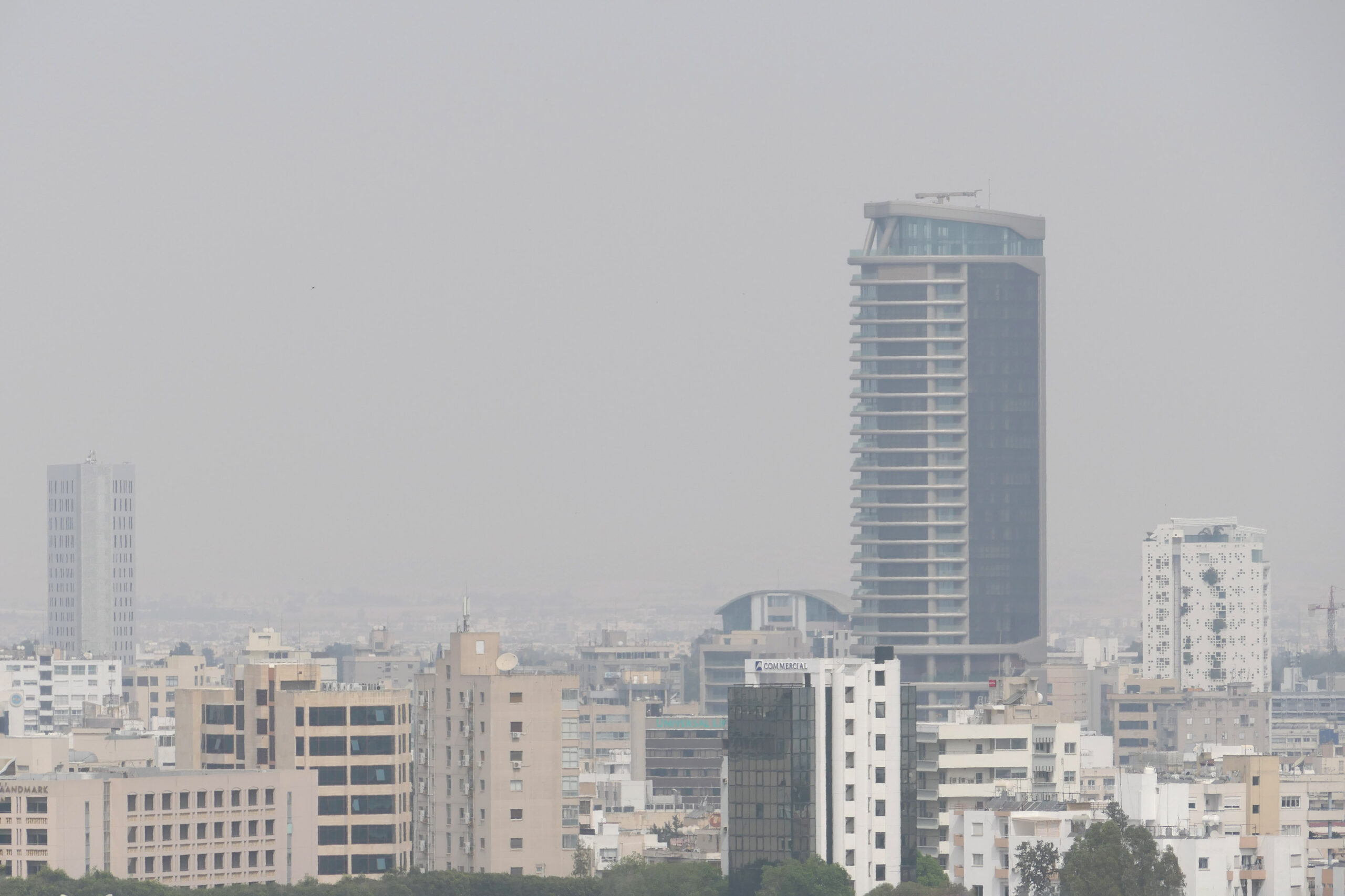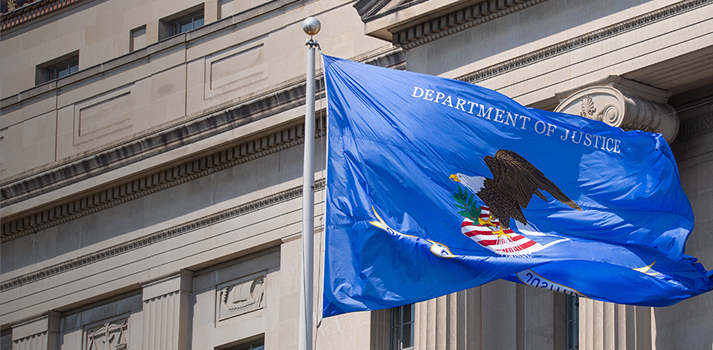The economy is still counting its wounds from the war in Ukraine and EU sanctions imposed on Russia, leaving auditors, accountants and real estate agents assessing the extent of the damage.
Tougher EU sanctions against Russia, introduced in a sixth package, include a complete import ban on Russian crude oil and petroleum products in six to eight months.
The sixth package also bans the direct or indirect provision of accounting services in Russia, including statutory auditing, bookkeeping and tax advisory services, or business and administrative advice and public relations services.
It applies to the government of Russia, individuals, entities or bodies established in Russia. However, it is unclear if this covers entities established by Russian businesses in Cyprus.
In comments to the Financial Mirror, the general manager of the Institute of Certified Public Accountants, Kyriakos Iordanou, said developments would have a significant impact, as the service sector also relies on the business of Ukraine and Russia.
“As a small economy which relies heavily on foreign investment and services, it is vulnerable to international developments whether they are positive or negative.
“We must not forget that our economic model is based on attracting foreign investment.
“So, when these companies cannot do business in Russia or Ukraine, the services sector will inevitably be affected.”
He added that some offshore firms are directly affected by banking sanctions as they have no access to frozen assets or the banking system in Russia.
Other firms dealing with these companies are indirectly affected as sanctions hinder transactions.
ICPAC’s general manager said they were waiting for clarifications on the new package from the Interior and Finance Ministries.
In turn, Nicosia is waiting for clarifications from Brussels, as the publication of the relevant legal acts in the Official Journal of the EU provides for some exceptions to the ban on services in Russia.
The sanctions do not apply to the provision of services intended for the exclusive use of individuals, entities or bodies established in Russia owned or controlled exclusively under the law of a Member State.
“Exemptions could mean that companies established in Russia owned by European entities are exempted.
“We are also waiting to be told whether it applies to companies owned by Russians but set up in Cyprus and run as Cypriot companies.”
Iordanou said an initial estimate – after the first sanctions package – predicts the financial services sector turnover would be reduced by 15%.
“No one can calculate the excess damage following the new set of sanctions, as we are not yet clear on which companies and who is affected. But the sixth sanction package is a cause for concern.
“We have also lost out on business from Ukrainian companies who have been cut off from their assets.”
Safe haven
He also argued that authorities must point out to EU bodies that Cyprus could be a safe haven for Russian businesses that do not associate themselves with President Vladimir Putin and have openly opposed the invasion.
“Things could have been worse if the sector had not diversified its portfolio with the introduction of high-tech and fintech firms arriving on the island in recent years.”
Iordanou said Cyprus’ targeted head-quartering campaign to convince large fintech and high-tech companies to set up shop had generated new business.
He argued that whatever the war’s outcome, and no matter how sanctions affect the sector, Cyprus must rethink its business model.
“We must rethink and redesign incentives given to large high-tech and financial firms to relocate their business to the island.
“This could be done through tax incentives and relaxation on work permits.
“The government could also facilitate companies currently operating in Cyprus and have staff in Ukraine or Russia and wish to move them to the island,” said Iordanou.
Meanwhile, Cyprus real estate agents are worried over EU intentions to introduce sanctions on Russian citizens, prohibiting them from buying property within the bloc.
“That would be a disaster, especially when the island’s real estate sector is trying to shake off damage from COVID restrictions while trying to reinvent itself following the demise of the Citizenship for Investment scheme,” said veteran real estate agent Antonis Loizou.
Even if a proposal tabled for locking Russian citizens out of the EU property market does pass, Loizou argues that the sixth package of sanctions, as is it now, will still deliver a hefty blow.
“We cannot even begin to calculate the effect. But with Russian companies in Cyprus unable to work, many highly paid employees will be out of the job and housing market,” said Loizou.
He pointed at the Russian Commercial Bank (RCB), which had to surrender its banking license due to its connection to a Russian bank.
“RCB’s employees have seen their purchasing power diminish, which means that they will not be in the same position as they were this time last year to buy or rent a higher-end property.
“It took more than 30 years to build this Cyprus-Russia relationship in the real estate sector, and now we are heading for a complete collapse.
“Tourism has been the driving force of the Cyprus economy for decades.
“Now that it’s taking a blow from sanctions, the effects are bound to trickle down to all other sectors of the economy.”









